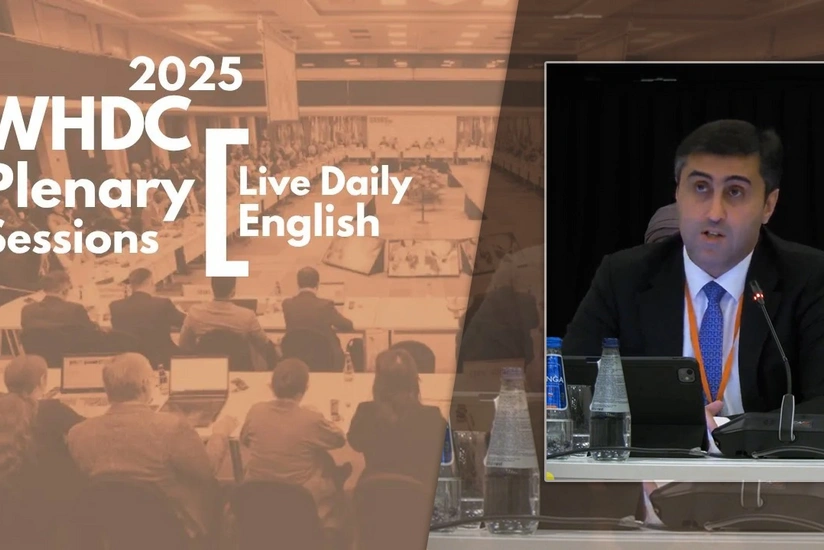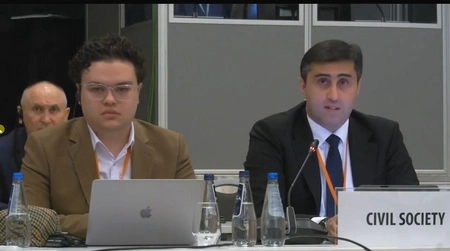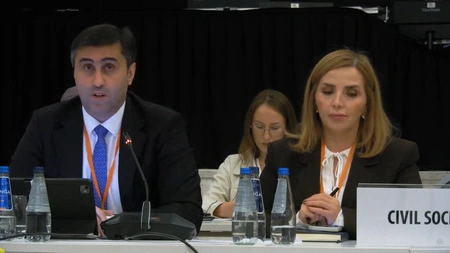BIG official condemns colonial-era atrocities at OSCE conference
- 17 October, 2025
- 12:17

Executive Director of the Baku Initiative Group (BIG), Abbas Abbasov, delivered a speech at the OSCE's Warsaw Human Dimension Conference, highlighting Belgium's colonial-era atrocities in Africa as one of the most horrific examples of human suffering.
According to Report, the conference brought together representatives from all 57 OSCE participating states, OSCE institutions, intergovernmental organizations, and civil society groups.
Abbasov spoke at three plenary sessions addressing global issues such as racism, xenophobia, discrimination, religious intolerance, human trafficking, and fundamental freedoms.
He expressed regret that certain countries continue to pursue colonial and neo-colonial policies and presented concrete examples of their lasting negative impacts. Referring specifically to Belgium, he described the exploitation and atrocities committed in the Congo as a stark symbol of human misery and historical injustice.
Abbasov criticized the international community's failure to fully recognize these crimes against humanity, calling it a continued injustice. He noted that during Belgium's colonial rule, local religions were suppressed and foreign cultural norms forcibly imposed, leaving deep cultural and spiritual scars that persist today.
He also addressed the situation in France's overseas territories, including Kanaky-New Caledonia, Guadeloupe, Martinique, and Mayotte, stating that indigenous populations are treated as second-class citizens. He emphasized that African-descended communities in Guadeloupe and Martinique are systematically excluded from decision-making and denied equal economic opportunities.
In Mayotte, Abbasov said the Muslim-majority population faces deliberate isolation, with the island increasingly resembling a militarized zone. In French Guiana and Réunion, he noted that economic dependency, unemployment, and environmental crises are pushing local populations toward forced displacement and into the hands of human trafficking networks.
He concluded by describing these modern-day forms of exploitation as a continuation of colonial slavery.

